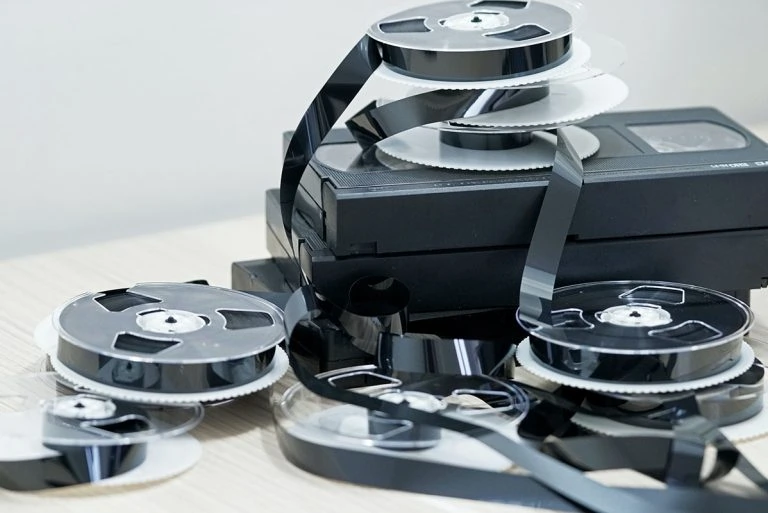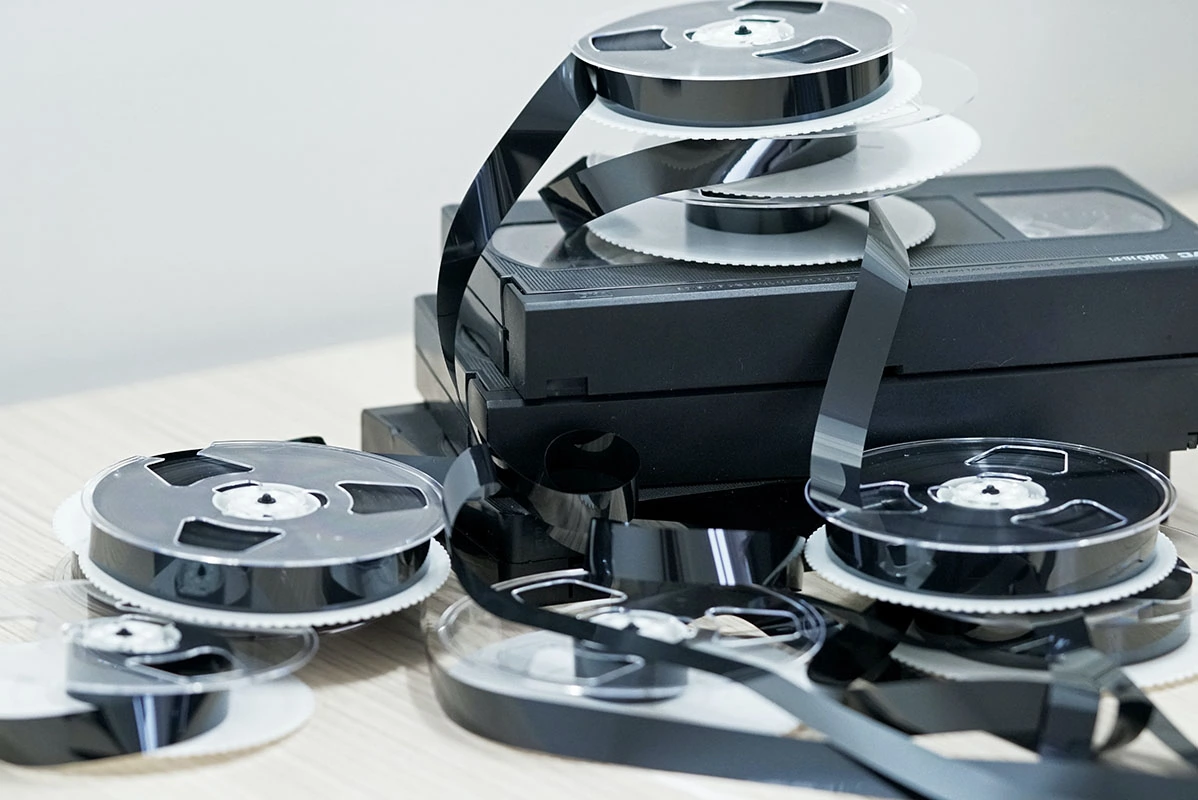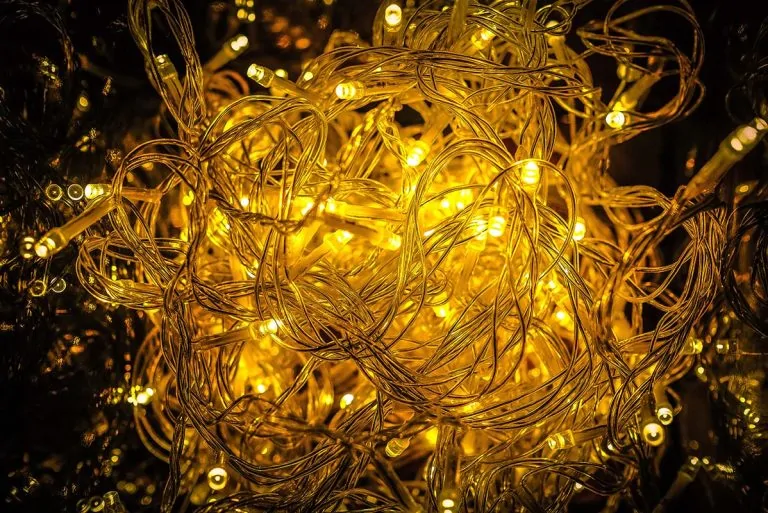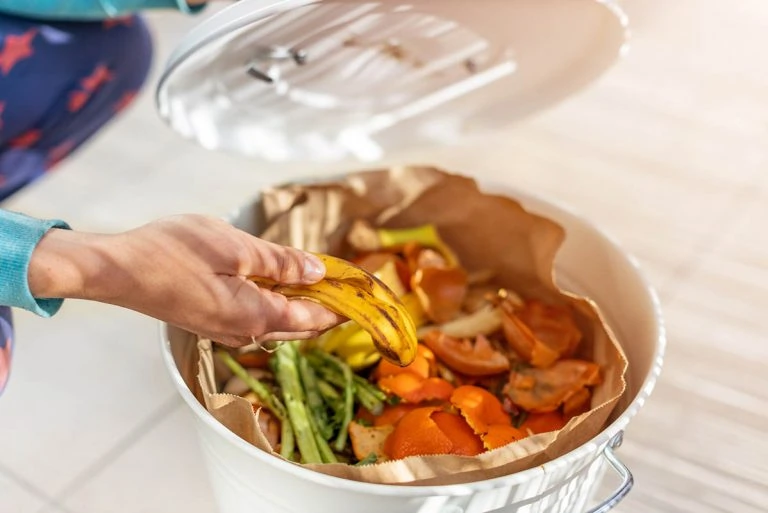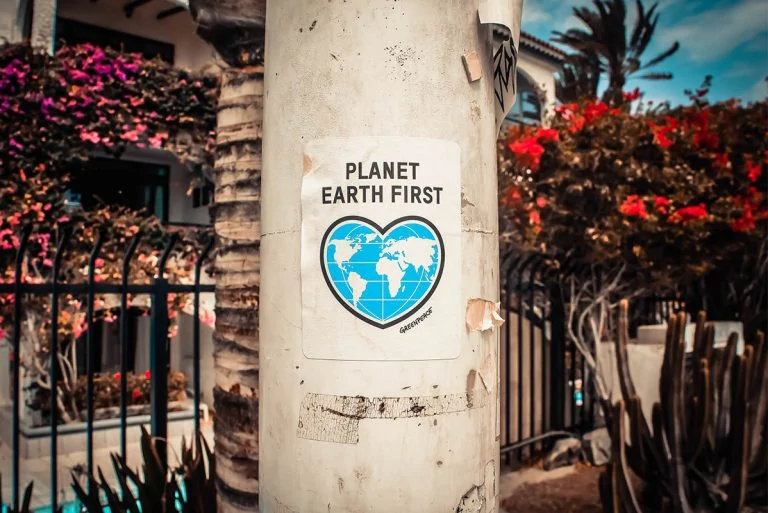If you have boxes of old VHS tapes clogging up your attic or garage, you’re not alone. Although VHS tapes haven’t been manufactured for more than a decade, many people don’t know how to recycle VHS and cassette tapes, so they just leave them to gather dust.
Or worse, they send them to landfill, which is detrimental to the environment. Today, landfills are the biggest source of human-made methane, which the IPCC says is a 30 times more potent greenhouse gas than carbon dioxide.
Although recycling videos and cassettes isn’t easy, you can clear out those boxes and recycle your old VHS and cassette tapes – read on to learn how!
How to recycle VHS and cassette tapes
Since VHS and cassette have been firmly replaced by digital technology, there’s not much point in hanging on to your old tapes. Though it’s not easy, it is possible to recycle VHS and cassette tapes.
1. Through Green Citizen
Green Citizen is an environmental conservation company that offers a VHS and cassette tape recycling service for businesses and individuals.
Businesses in the San Francisco Bay Area can schedule a pickup of their old tapes, or mail them in to Green Citizen from anywhere in the USA. For individuals, you’ll need to pack up and take your old VHS tapes to their drop off center in Burlingame, CA, or mail them in.
Note the organization does charge a small fee for this service.

Green Citizen incinerates the tapes to create energy in a “waste-to-energy” approach which avoids this waste ending up in landfill and helps reduce carbon emissions. The organization also accepts computers, hard drives, phones, tablets, and other types of electronic devices for recycling as well as Styrofoam.
GreenDisk is another organization which offers a similar service. You can either box up your old VHS tapes and send them in, or use their full service option where they supply the boxes and shipping.
You’ll need to pay a fee in either case, which are higher for the full service option.
2. Find a local recycling center
Another way to recycle your old VHS and cassette tapes is to find a recycling center or program in your area. This may take a bit of research, but you should be able to find at least one option.
Although curbside recycling doesn’t generally accept VHS and cassette tapes, many municipalities run e-waste programs that take electronic devices for recycling, including VHS and cassette tapes.
How to arrange to recycle your VHS and cassette tapes:
- Use a finder tool like Earth 911 or Green Citizen’s Green Directory to search for a recycling center near you. Enter your zip code and then the material that you want to recycle to find a location that accepts VHS or cassette tapes.
- If you can’t find a local recycling center that takes VHS and cassette tapes, call your local authority and:
- Ask the recycling center or e-waste program how you should prep your VHS and cassette tapes for recycling.
- Transfer the data from your home movies and have it backed up in a digital format (see more on this below).
- Pack up the VHS tapes in a box and drop them off or mail them in. Some e-waste programs have a collection service, so you may need to store them for a while in the meantime.
Recycling your old home videos doesn’t have to mean losing the precious memories they contain. Before shipping or dropping them off at a recycling center, you can convert their content to a digital format, and keep it backed up forever.
There are a range of companies who will transfer your video or audio from VHS and cassette tapes and save it in a digital format – the National Archives site lists a few of them here.
3. Sell them
Depending what kind of VHS tapes or cassettes you have, you may be able to sell them. This not only means they’ll go to someone who values them, but you could make a bit of cash at the same time!
If the tapes are in good condition and qualify as a collector’s item, there’s a good chance you’ll find a willing buyer online. Try listing them online on marketplaces like Ebay or Craiglist – rare VHS and cassette tapes can be worth thousands of dollars.

You can also contact online or local bricks-and-mortar vintage shops or record stores who may be interested in your cassettes or video tapes depending on the content.
You may even be able to sell blank or re-recordable tapes, as some people still use them as a recording medium.
4. Donate them
Although the demand for VHS and cassette tapes has all but dried up, there are still a few charities around that welcome them as donations.
It’s worth checking with libraries or non-profit organizations in your local area to see if they’d like your old VHS tapes. Just be sure to check that they actually want your old VHS or cassette tapes before dropping them off, otherwise you’ll just be passing your recycling program on to the organization!
What are VHS tapes made from?
VHS tapes contain tape reel is made from number one plastic coated with hazardous metals. The rest of the VHS tape is made from number five plastic that can be easily recycled – it’s really the tape that is the issue.

Source: Wikimedia / Toby Hudson
This is wrapped up in the way VHS tapes work: their Mylar tape is magnetic, which allows the VHS tape to record the information that you would then play back on your VCR. To do this, the tape reel is coated with a range of metals, including magnetic oxide.
This plastic will take hundreds of years to degrade, piling up in landfill or contaminating our waterways or oceans. Furthermore, the toxic materials coating the tape reel can cause air and land pollution as it breaks down, damaging the natural environment as well as human health.
Cassette tapes are made of similar materials: the case is made of plastic, with Mylar magnetic tape.
Why is it difficult to recycle cassette and VHS tapes?
This combination of plastic materials and toxic coating makes VHS tapes difficult to recycle. Furthermore, every VHS tape can have around 1,400 feet of tape reel – these quantities combined with the issues with handling hazardous materials, means that they’re not cost-effective to recycle.
For these reasons, many local recycling programs won’t accept VHS and cassette tapes – they’re simply not worth the trouble.
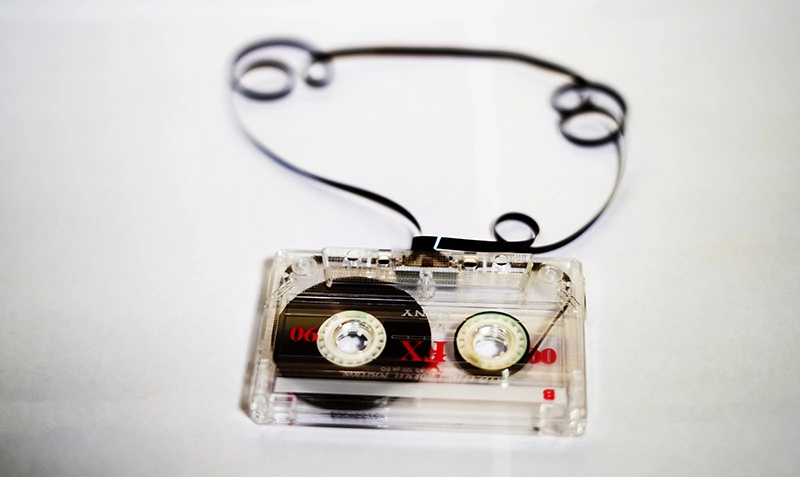
This is in contrast to more modern devices like cell phones and computers, which also contain toxic metals. The difference is that in these devices the precious metals can be retrieved and sold, making recycling them profitable.
On the other hand, magnetic tape doesn’t have enough valuable components to make recycling them profitable.
However, the same characteristics make it even more important that we either recycle, reuse, or repurpose our old VHS and cassette tapes to avoid them ending up in landfill. This may mean paying for a service to recycle your old tapes in order to protect the environment.
Can you reuse VHS and cassette tapes?
There are plenty of ways to reuse VHS and cassette tapes as well as their cases. This is an excellent, sustainable solution if you’re not able to recycle your old tapes.
Here are some cool projects that reuse or upcycle VHS and cassette tapes:
- Make a retro-themed light from a VHS tape like this one.
- If you have quite a few old VHS tapes, you can create a funky and unique coffee table.
- Turn plastic video tape cases into a cute purse or tote bag – check out this video tutorial to learn how.
- Make a nice, sturdy umbrella stand from a stack of VHS tapes.
- You can also make cute purses and totes from the tape reel itself – MyRecycledBags.com has tons of cool ideas and free patterns.
Wrapping up
It’s not easy to recycle VHS and cassette tapes, but it’s not impossible. Although recycling these materials is difficult, there are a few programs around that will accept your old VHS and cassette tapes for recycling.
Additionally, you could be able to donate, sell, or even upcycle your old VHS and cassette tapes. This can take a bit of effort, but it’s important to do so, as not only are these tapes made of plastic that takes hundreds of years to break down, but the tape reels are coated with hazardous metals.
If you’ve enjoyed this article, be sure to share it with your eco-conscious friends! For more how-to guides check our posts on how to recycle car seats, old Christmas lights and dispose of a microwave.
